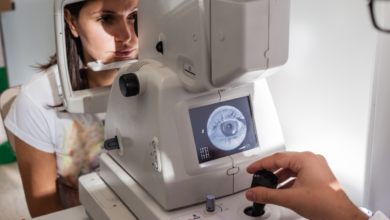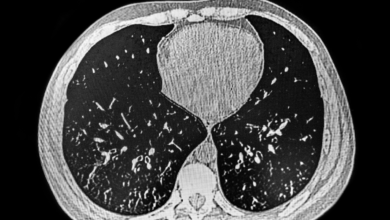Non-Hodgkin’s Lymphoma

What is Non – Hodgkin’s Lymphoma?
Non-Hodgkin’s lymphoma (NHL) is a cancer of the lymphatic system, a network of tissues and organs that helps the body fight infection.
what are the symptoms of Non – Hodgkin’s Lymphoma?
Symptoms of Non-Hodgkin’s Lymphoma:
- Swollen lymph nodes in the neck, armpits, or groin
- Fatigue
- Weight loss
- Night sweats
- Fever
- Chest pain
- Shortness of breath
- Abdominal pain
who can suffer from Non – Hodgkin’s Lymphoma?
Who Can Suffer from Non-Hodgkin’s Lymphoma?
Anyone can develop NHL, but certain factors may increase your risk, such as:
- Age (older adults and young children are at higher risk)
- Weakened immune system
- Exposure to certain chemicals or viruses
- Family history of NHL or other cancers
What are the types of Non – Hodgkin’s Lymphoma?
Types of Non-Hodgkin’s Lymphoma:
There are many different types of NHL, each with its own characteristics and prognosis. Some common types include:
- Diffuse large B-cell lymphoma: The most common type of NHL.
- Follicular lymphoma: A slow-growing type of lymphoma.
- Mantle cell lymphoma: A rare, aggressive type of lymphoma.
- Hodgkin lymphoma: A related type of cancer that is distinct from NHL.
Which diagnostic tests are available for Non – Hodgkin’s Lymphoma?
Diagnostic Tests for Non-Hodgkin’s Lymphoma:
- Physical exam
- Blood tests
- Lymph node biopsy
- Imaging tests (such as CT scan or MRI)
What is the treatment of Non – Hodgkin’s Lymphoma?
Treatment of Non-Hodgkin’s Lymphoma:
The treatment for NHL depends on the type of lymphoma, the stage of the cancer, and the patient’s overall health. Treatment options may include:
- Chemotherapy
- Radiation therapy
- Targeted therapy
- Immunotherapy
- Stem cell transplant
Which diet I should take, if any ?
Diet for Non-Hodgkin’s Lymphoma:
There is no specific diet recommended for people with NHL. However, it is important to eat a healthy, balanced diet to help your body fight the cancer.
Which speciality of the doctor will treat Non – Hodgkin’s Lymphoma?
- Hematologist
Is Non – Hodgkin’s Lymphoma completely curable ?
The curability of NHL depends on the type of lymphoma and the stage of the cancer. Some types of NHL are more treatable than others. With early diagnosis and effective treatment, many people with NHL can achieve a cure.





